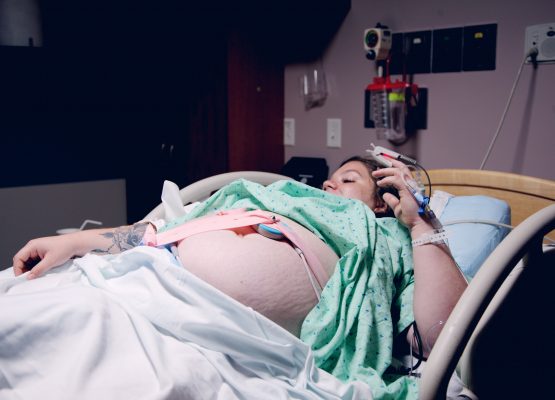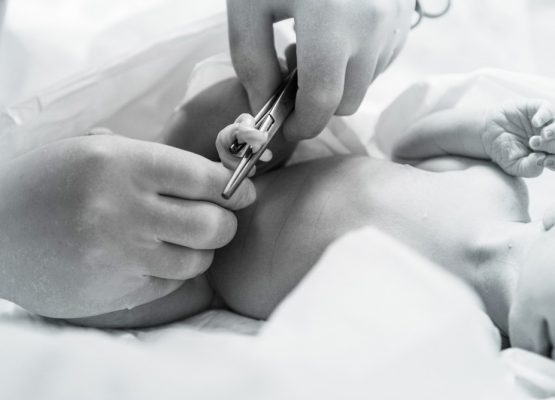
Prenatal Psychosis. What is it? Which are the symptoms?
Postpartum Psychosis is extremely rare, with an incidence of 1 to 2 women per 1000 births (‘0.2%), but is a psychiatric emergency incident that needs an immediate response. An increased incidence of Postpartum Psychosis (20-30%) has been found in women with a history of Bipolar Disorder. As a more detailed definition, we would say that […]

Essential oils and aromatherapy during pregnancy and labor
Can we use essential oils during pregnancy? And if so, which are they? Most women during pregnancy feel intense stress. The use of aromatherapy, as well as the use of essential oils, could help in her psychological support and empowerment. During all three trimesters of pregnancy, women may experience pain, nausea, sleeplessness, anxiety, and depression. […]

Why not be induced with synthetic oxytocin?
They call it Synthetic Oxytocin. “Syntocin or Pitocin” nowadays is by far the most common medical intervention in childbirth. What is synthetic oxytocin? Endogenous oxytocin is a key component in the transition to motherhood. It affects molecular pathways that buffer stress reactivity, support positive mood, and regulate healthy mothering behaviors (including lactation). It reduces endogenous […]
Baby blues
It is very common for a woman to feel somewhat “lost”, frustrated or even sad sometime after birth. This is a condition often referred to as “baby blues” and according to surveys it accounts for a huge proportion of 70-80% of new mothers. As baby blues, we mention all those negative emotions and the instability […]

Delayed cord clamping
What is delayed cord clamping? The umbilical cord is the means of connecting the baby and the mother. The average length of a cord reaches 70 cm and it has 2 arteries and one vein. With the birth of the baby, the cord continues to thaw and gives oxygenated blood from the placenta to the […]

A wish without a plan is just a dream
What a birth plan is? ‘‘ Women are increasingly involved in their own birthing processes. The birth plan is a tool that contributes to this fact, since it is a written document that the woman presents before delivery to the professionals who will assist her and reflect her preferences, expectations and fears about her own […]

Breastfed baby does not gain weight. And now what?
Full-term babies come to the world stocked with energy storage. Many professional health providers suggest formula milk as a solution, if the baby loses weight in his/her first days of life. It is normal and acceptable for a baby to lose up to 10-15% of his/her birth weight. It is due to the loss of […]

Jaundice while breastfeeding
Jaundice, also known as hyperbilirubinemia, is a frequently encountered clinical problem in newborns. Breast milk jaundice typically presents in the first or second week of life with an unconjugated hyperbilirubinemia in an otherwise healthy infant whose nutritional intake is predominantly via breastfeeding. Because it is lipid-soluble (that is, it dissolves only in fat), the body […]
Reflexology relaxation during pregnancy and labour
Nowadays many women would like to labour without using drugs such as narcotics or epidurals, and are interested in complementary therapies to help them manage the pain of labour. Reflexology is an ancient treatment method, an extremely effective form of therapeutic massage, which works by applying pressure to specific reflex points on the legs, hands […]
Traumatic birth and postpartum depression
Fear in the face of a future birth is an inevitable feeling for many women during or even before a pregnancy. The act of labor, whether natural or cesarean, is accompanied by possible physical dangers and psychological changes in the life of the woman and her partner. The fact that a woman brought her child […]
